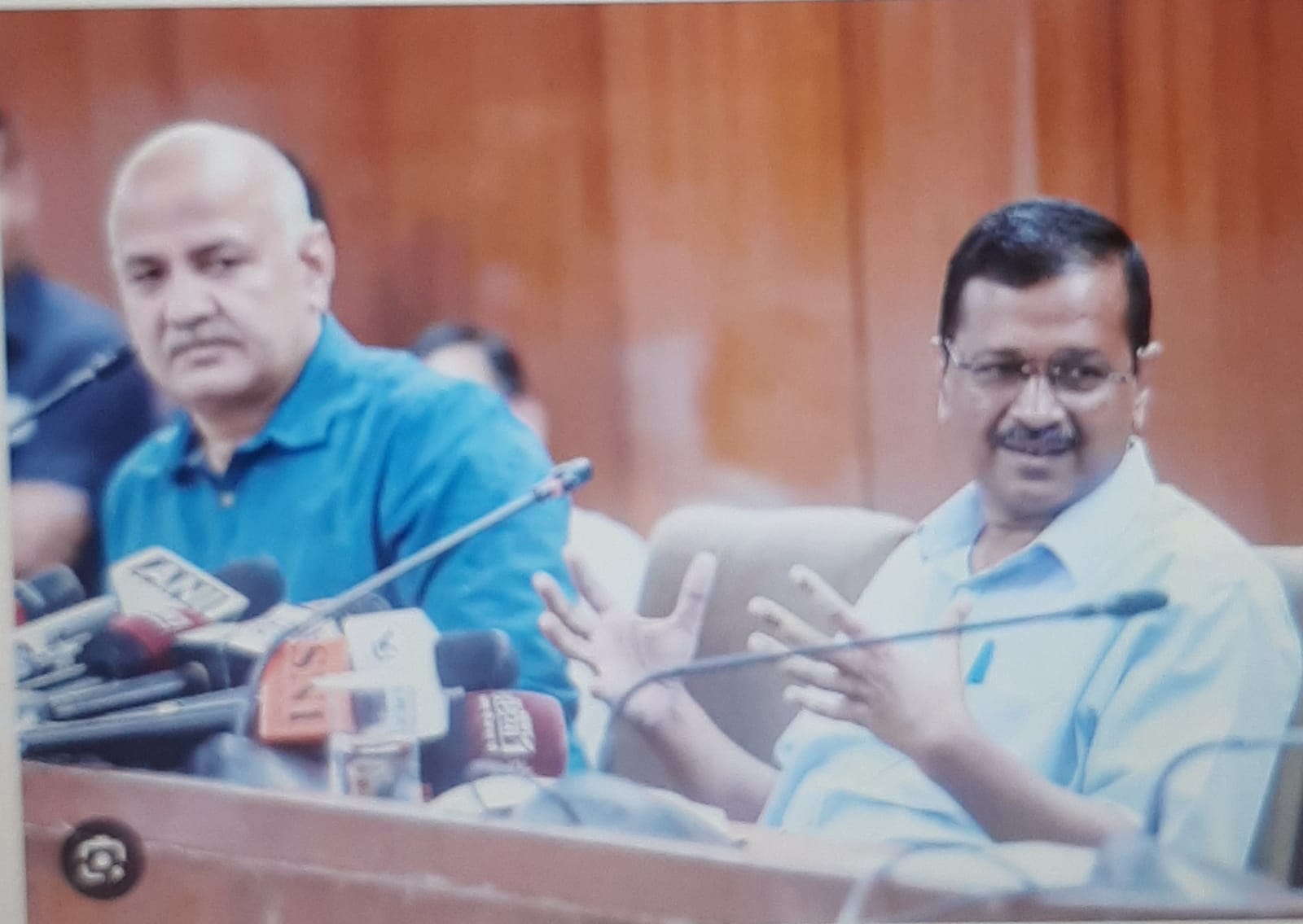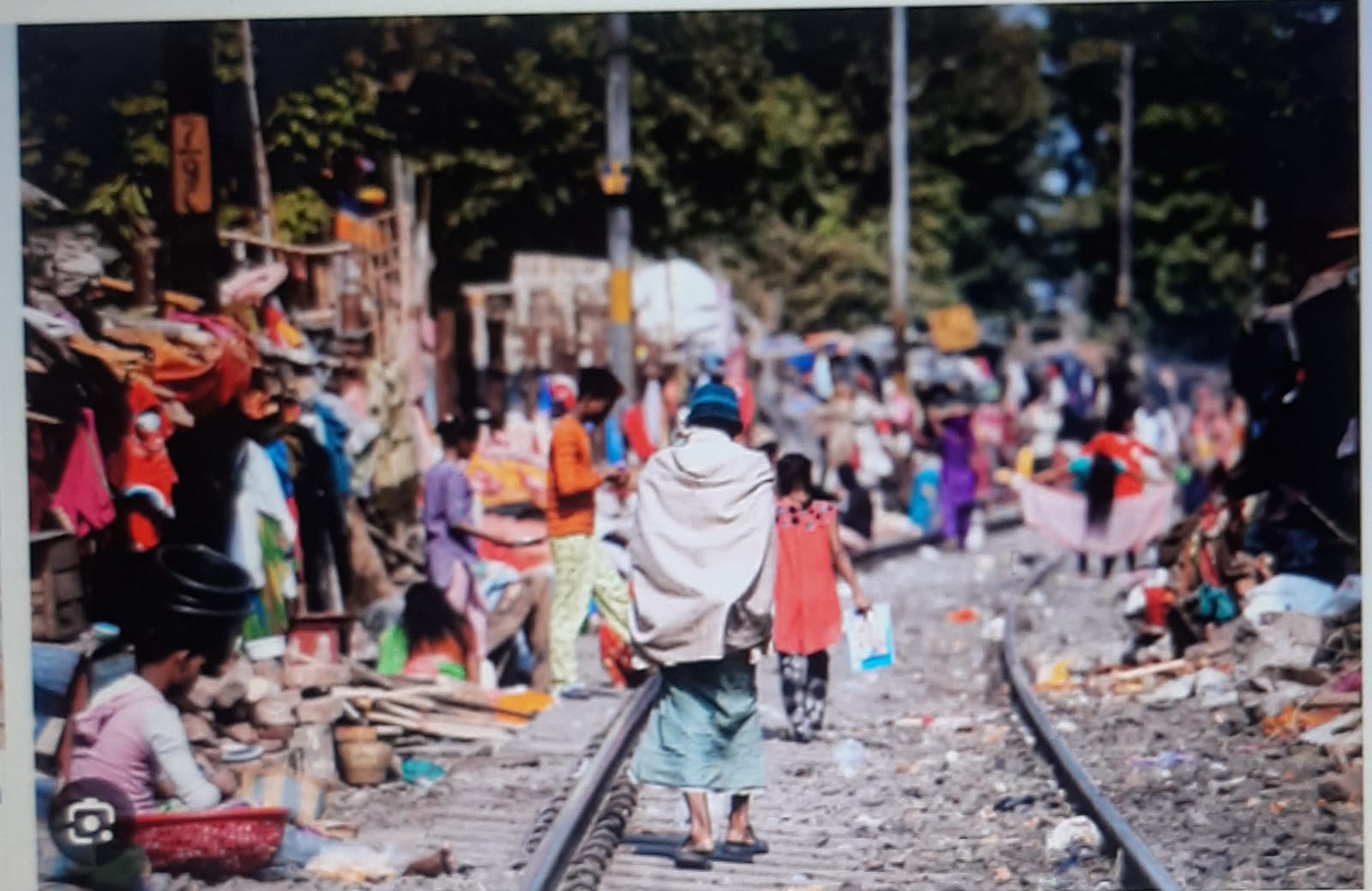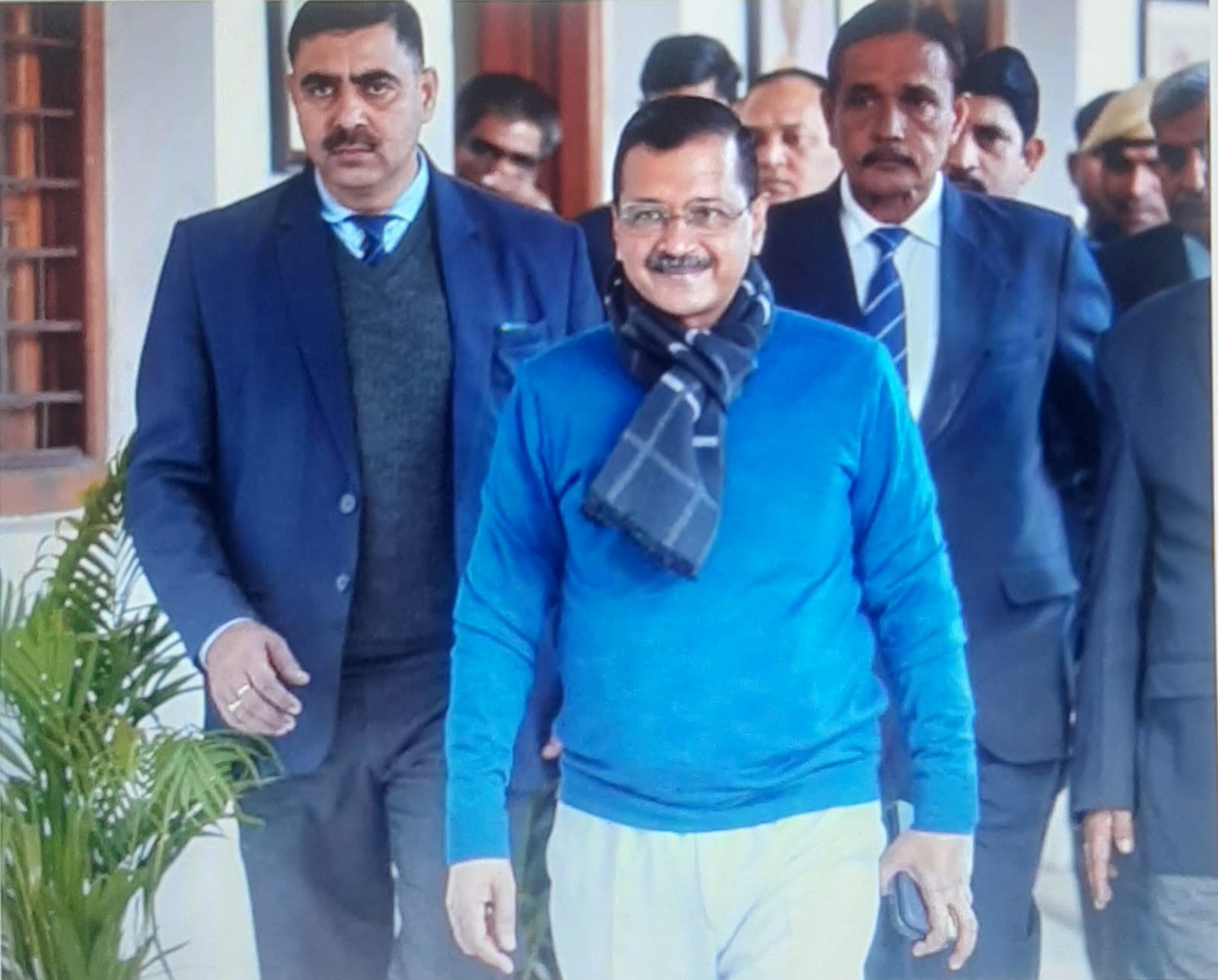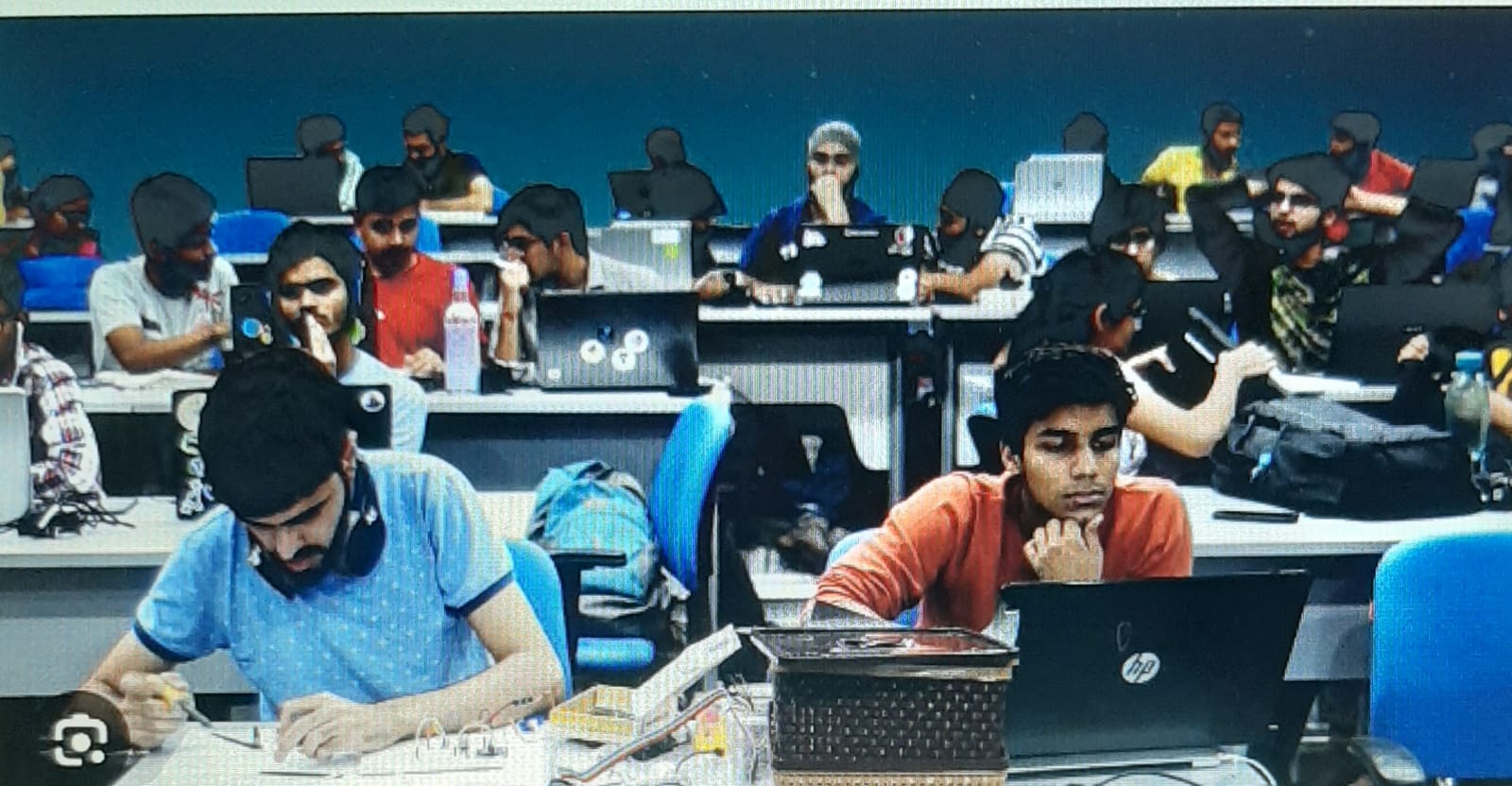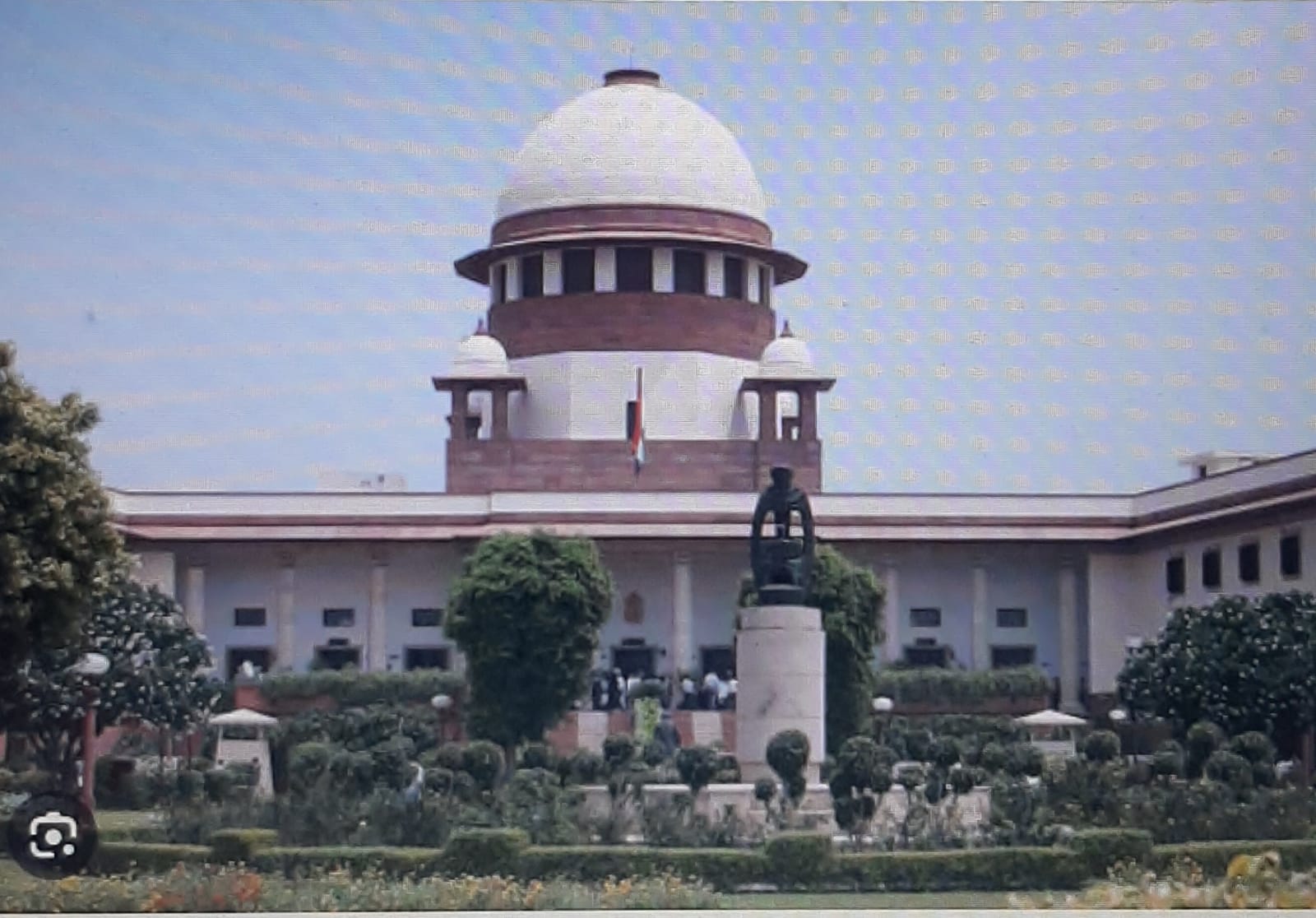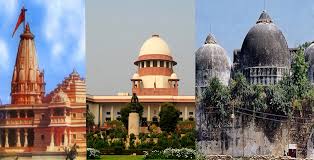
M Hasan
Ayodhya legal battle dating back to 19th century has finally been set at rest by the Supreme Court with disputed land going to the deity RamLalla for the construction of the temple at the site. The judicial resolution would hopefully end the three-decade-old “Mandal-Madir” divisive politics which brought the nation to the brink of disaster. No doubt there are dissenting notes from various corners over the sagacity of the decision, but in view of larger interest of the country it should be welcomed, as the Ayodhya contentious issue, specially after the demolition of the Babri Masjid in December 1992, had gravely become festering sour in the nation’s body politic. It is good that despite contradictions, the country’s minority community has by and large accepted the verdict and the main litigant Sunni Central Waqf Board, which had supported the idea of out-of-court settlement, has decided not to file the review petition. However, it is too early to say that other Muslim parties would also abide by the decision of the board, which is meeting on November 26 to decide further course of action, including decision about acceptance of five acres of land in lieu of the Babri Masjid somewhere in Ayodhya.
Even though at the national level overwhelming feeling seems to be one of relief and full respect to the highest court, the dissection of the verdict has led to inner contradictions on which a section of the people has rightly raised objections over final conclusion. Hence the plan for filing the review petition. But the Muslims by and large are relieved that majoritarian accusations of the demolition of a temple to construct Babri Masjid in 1528 has been brushed aside by the court, so also the court’s acceptance of criminal act of desecration of mosque on 22/23 December 1949 and then finally its demolition in December 1992. Muslim petitioners consistently maintained that no temple was demolished- a canard spread by a political group over the decades to serve its vested interest. Though granting land to RamLalla, the court has accepted the plea of Muslim petitioners on various issues. There is no doubt that in final analysis while settling title suit over immovable property the court seems to have combined larger national interest with prevailing majority faith and belief to close the chapter. But a reading of 1045-page has indicated that Muslims stand has been vindicated. History, hopefully, will now correct the wrong and the nation will march peacefully on the path of inclusive development. Hindus and Muslims could well aspire to arrive at a new equilibrium, one that put the country first.


